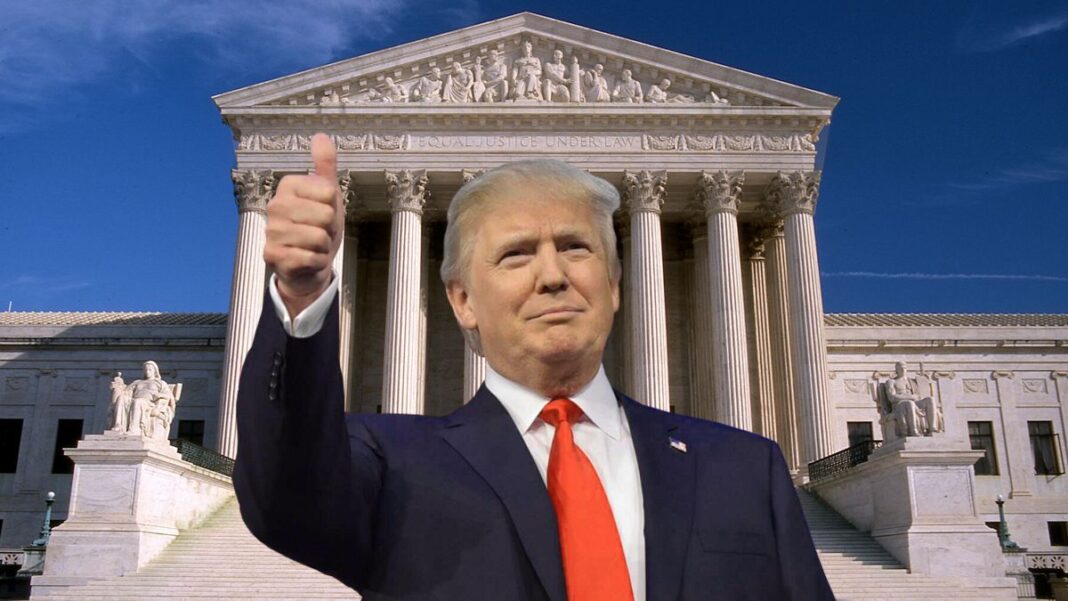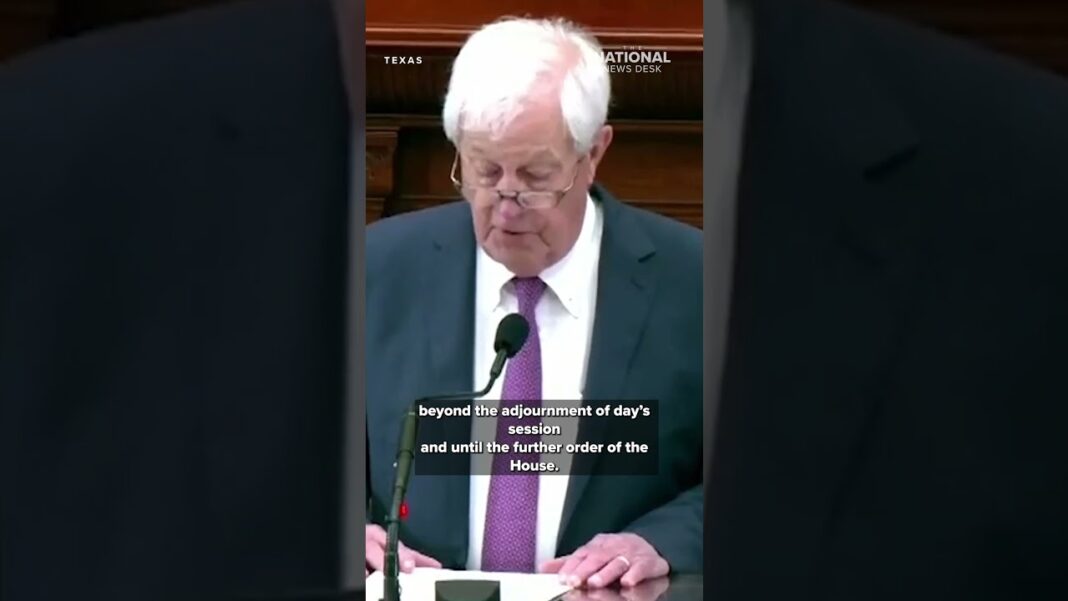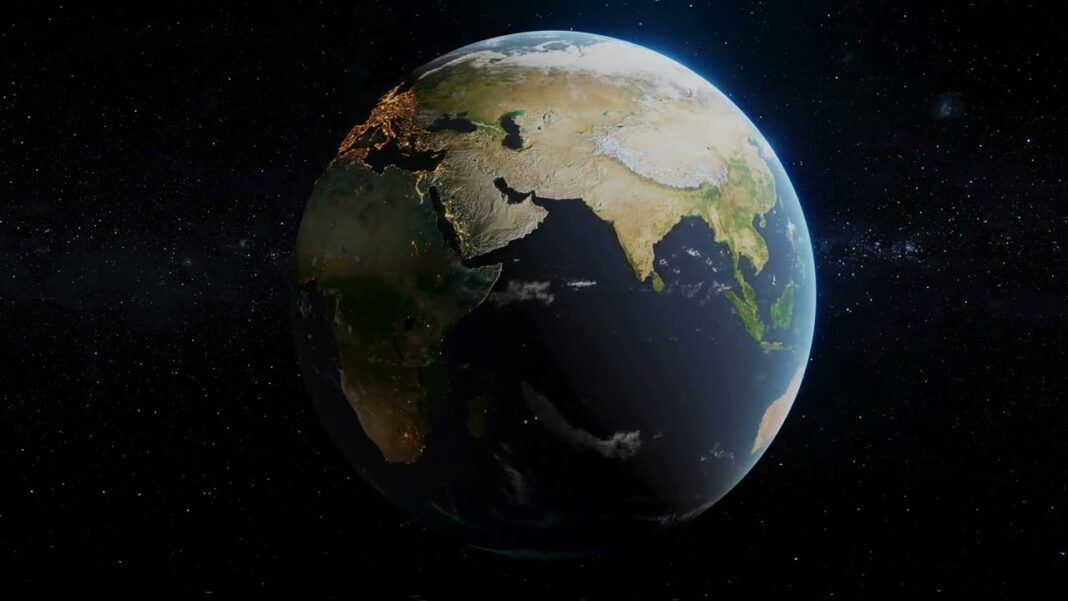The justices have halted lower court blocks on multiple aspects of the president’s agenda.
President Donald Trump’s ambitious agenda has been met with order after order from lower courts temporarily blocking him. Many of those have been lifted by the Supreme Court, handing Trump several wins and raising questions about how lower courts have been handling his cases.
These decisions have mostly come on what’s known as the “emergency” or “shadow” docket, a set of more urgent appeals that the Supreme Court often decides without oral argument.
The Supreme Court sometimes issues a ruling without explanation in these cases.
The resulting decisions—at least 21 in Trump’s second administration—have prompted varying alliances and opinions that reflect apparent frustration among the justices.
Here are some takeaways from Trump’s battles at the Supreme Court during the 2024–2025 term.
Trump’s Winning Streak
The administration has been remarkably successful at the high court, obtaining relief in 14 of the 18 appeals that have been ruled on by the justices.
So far, the Supreme Court has allowed Trump to block spending across multiple departments, remove high-ranking bureaucrats and probationary employees, and move forward with immigration enforcement measures.
Perhaps his biggest victory came in June when the justices ruled against the use of nationwide injunctions. Such orders have blocked many of Trump’s policies on a nationwide basis, rather than just for the parties before the court.
But Trump’s victories so far have been relatively limited, usually scoring temporary relief from lower court orders while the justices refrained from making final decisions on the legality of Trump’s policies.
“The merits of most challenges to Administration policies did not reach the Court so we have no clear sense of how much of the President’s agenda it will sustain,” Georgetown University law professor David Super told The Epoch Times.
In at least a handful of cases, the justices ruled against Trump.
For example, they said in May that Trump had provided inadequate due process for individuals subject to deportation under the Alien Enemies Act. A majority of the justices temporarily halted deportations on two occasions while leaving unresolved meatier questions about whether Trump’s invocation of the Alien Enemies Act was valid.
That decision—and another effectively forcing the disbursement of foreign aid—drew some heavy criticism from Justice Samuel Alito.
“Does a single district-court judge who likely lacks jurisdiction have the unchecked power to compel the Government of the United States to pay out (and probably lose forever) 2 billion taxpayer dollars?” he asked in an opinion joined by Justices Clarence Thomas, Brett Kavanaugh, and Neil Gorsuch in March.
“The answer to that question should be an emphatic ‘No,’ but a majority of this Court apparently thinks otherwise.”
By Sam Dorman








